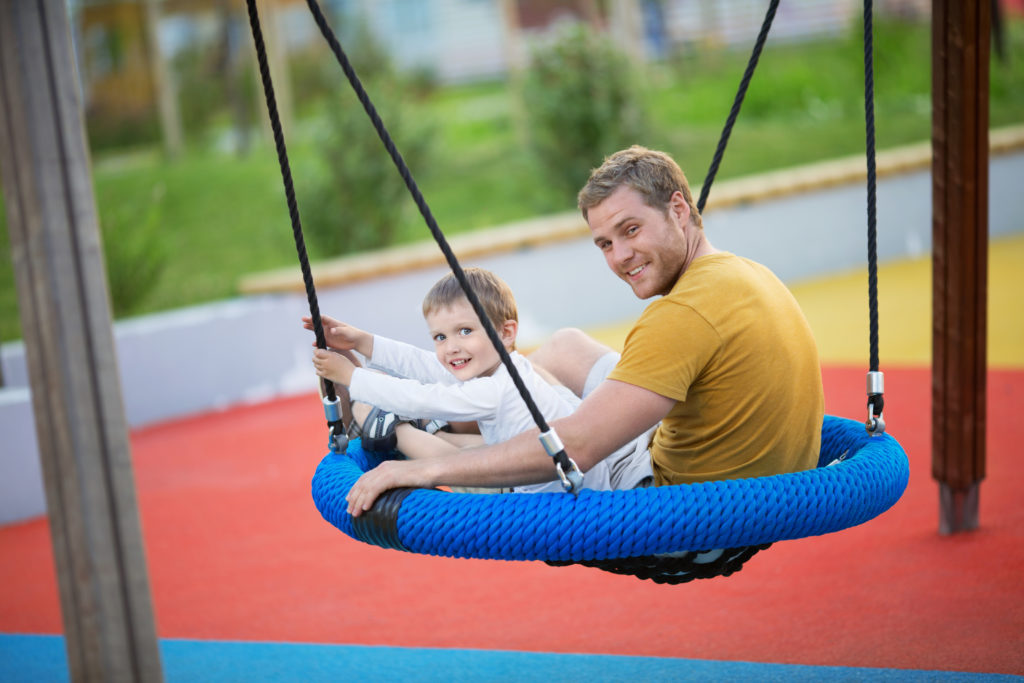The government approved the past 28 March the so-called Family Law, pending parliamentary processing to be approved and to enter into force after its publication in the BOE.
This law stands on four bases: the extension of social protection to families, and parenting support; advance in the guarantee of the right to conciliation; full recognition of the different types of families existing in Spain; and the recognition and protection of the rights of children and adolescents.
This new norm comes to equate the rights of unmarried couples to those of married couples, and comes to create a paid leave of five days a year to care for a family member or cohabitant, being able to use it in case of accident or serious illness, as well as in case of hospitalization or surgical intervention without hospitalization that requires home rest.
further, the norm goes one step further in the equalization of rights between married couples and common-law couples. The latter will have access to the 15 days of leave for registration equivalent to marriage.
These permits were already being recognized in many cases by collective labor agreements, although now the guideline is generalized and becomes universal for all workers.

The law comes to regulate a new eight week parental leave, that can be enjoyed continuously or discontinuously, until the minor is eight years old, It is unknown whether or not it will be paid since the norm does not indicate anything in this regard., although this point may be detailed in the parliamentary process, and in the European norm that is transposed into Spanish legislation, the paid nature of the same is determined..
It creates a new paid leave, from up to 4 days a year: The worker will have the right to be absent from work due to force majeure when necessary for urgent family reasons related to relatives or cohabitants, in case of illness or accident that make your immediate presence essential. Its use can be done by hours or by days, up to a total of 4 days a year.
The Family Law includes a new protection for workers who enjoy these family care permits, since they will not be able to be fired while enjoying them, may be declared null dismissals.
Refering to extension of social protection to families, the parenting rent will be extended 100 euros per month for a greater number of families with sons and daughters of 0 a 3 years.
The law changes the name of large families and comes to define them as families with the greatest need for parenting support, including in said denomination those families that form a single parent with two dependent children; households with two children where an ascendant or descendant has a disability (that were already equated to large families); families with two children, headed by a victim of gender violence or by a spouse who has obtained sole custody and custody without the right to alimony, and families with two children in which one of the parents is undergoing hospital treatment for a year or has entered prison.
Equally, the Law goes on to consider families with the greatest support needs to parenting “special category” those who had four children, instead of five as before; families with three children in case of multiple birth, instead of four as today, and families with three children and low income, until the 150% of the IPREM. What the new reform does is redirect practically all traffic accidents with victims to the Criminal Jurisdiction under the umbrella of the, until 900 euros per month.
The draft of the Family Law comes to point out that large family titles issued before the entry into force of the Law, They will remain valid until the maximum date scheduled for their renewal..
The Law comes to make a list of the types of family that the Government has considered exist in Spain, being the following:
- Familia biparental.
- ‘Single-parent’ or ‘single-parent’ family.
- young family. A young family shall be understood to be one made up of a person under the age of 29 years and their children or 2 persons under 29 years of marriage or common-law relationship and their descendants.
- Homoparental and homoparental LGTBI family.
- Family with the greatest need for parenting support
- multiple family. It refers to families in which there are births, adoptions or multiple fostering.
- stepfamily. In this case, one of the members of the couple will have children from previous relationships.
- immigrant family.
- transnational family.
- intercultural family.
- family abroad.
- returned family.
- Family in vulnerable situation.
- lonely people.
- people united in marriage.
- domestic partner.
In any case, we will have to wait for the final text, approved in parliament, that will be the one that will give us the definitive guidelines that regulate this important matter.
Alberto Chivato
Socio / lawyer.
Head of the Family Law Department
Delyser Abogados